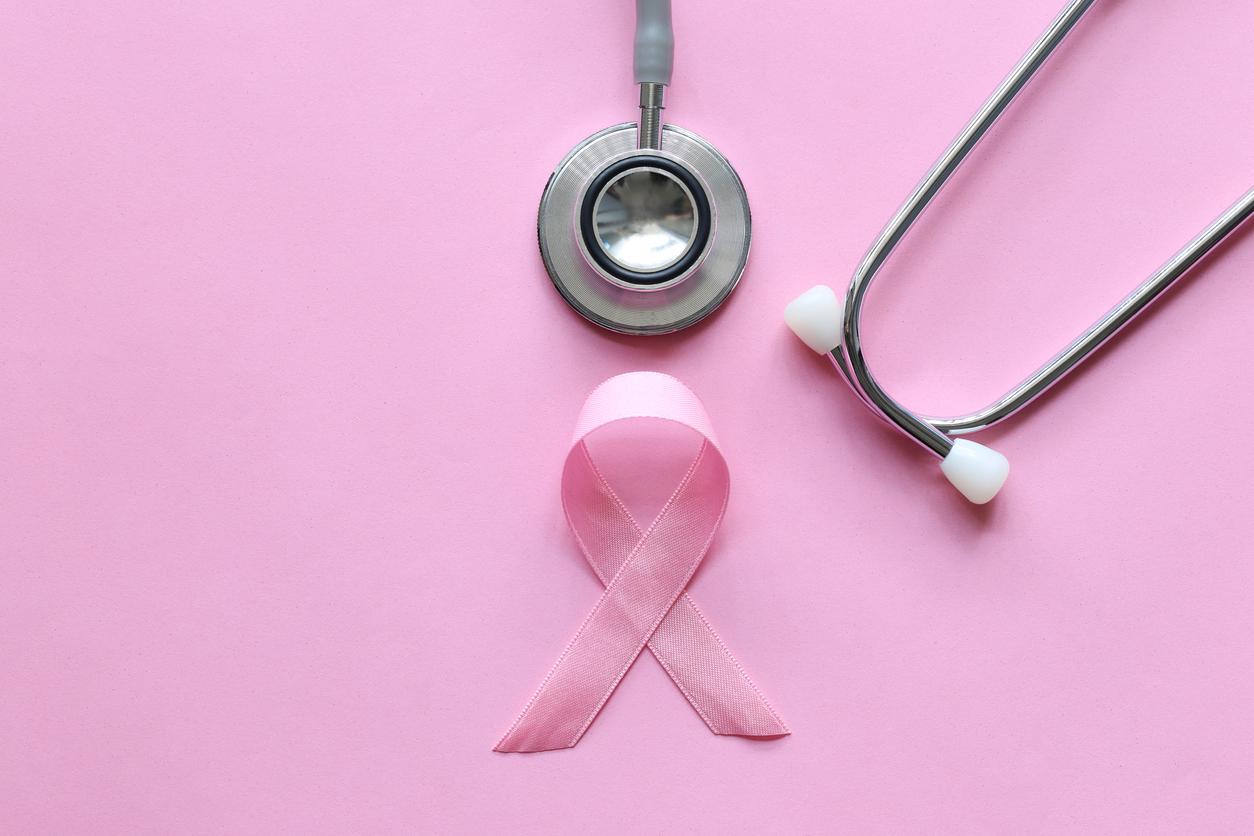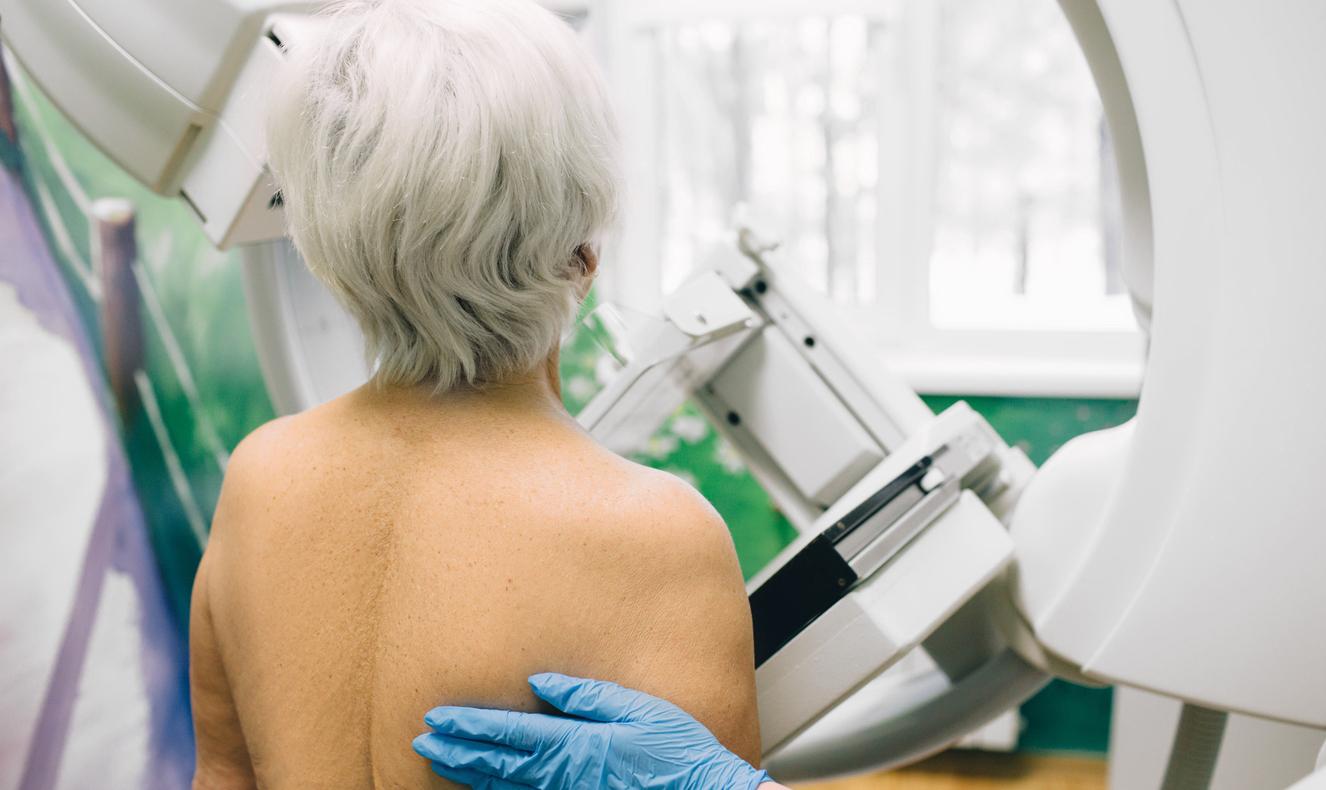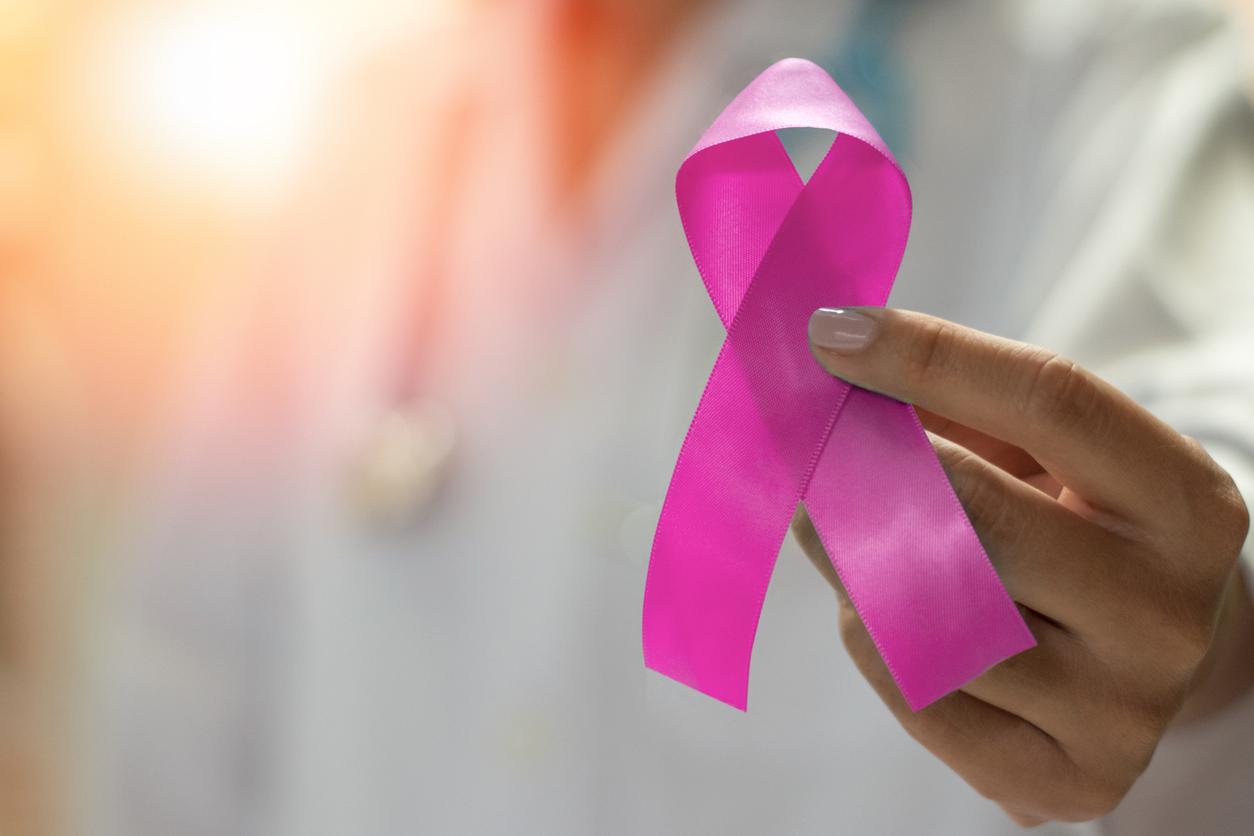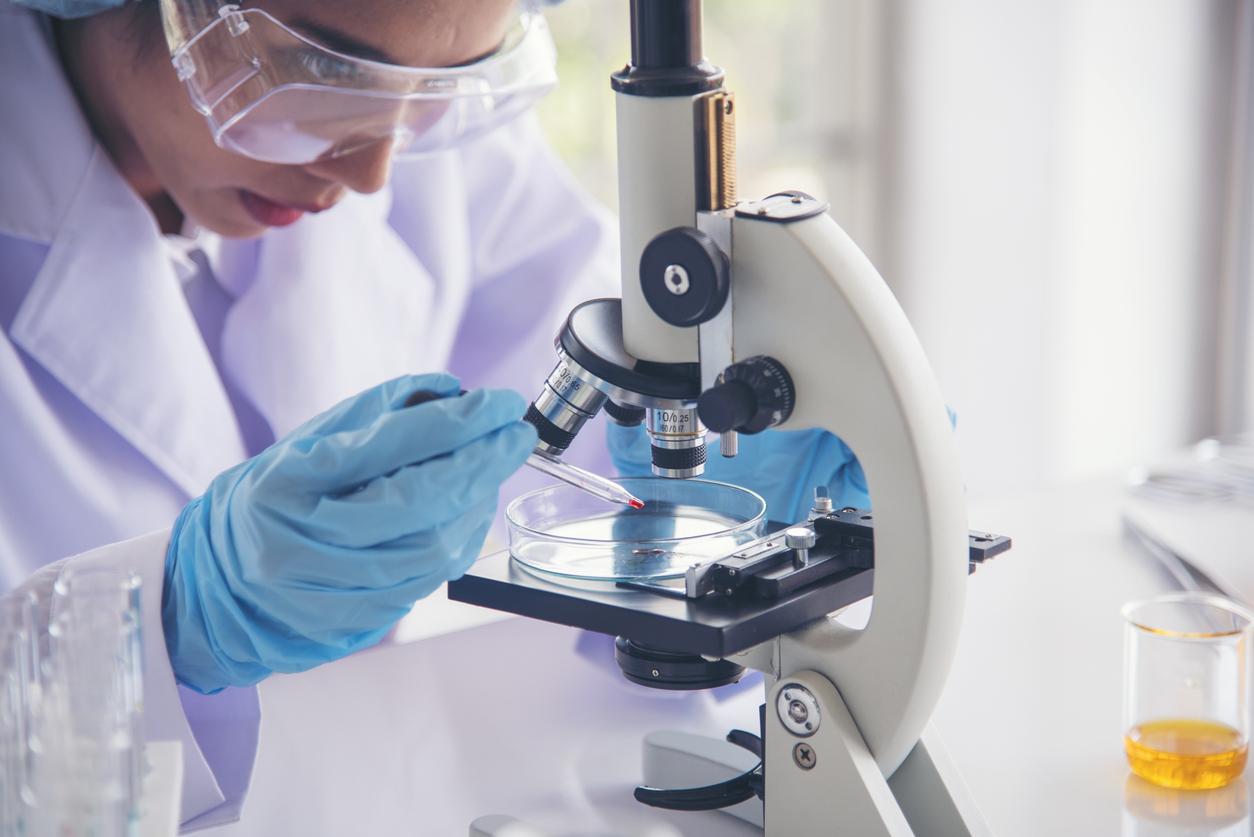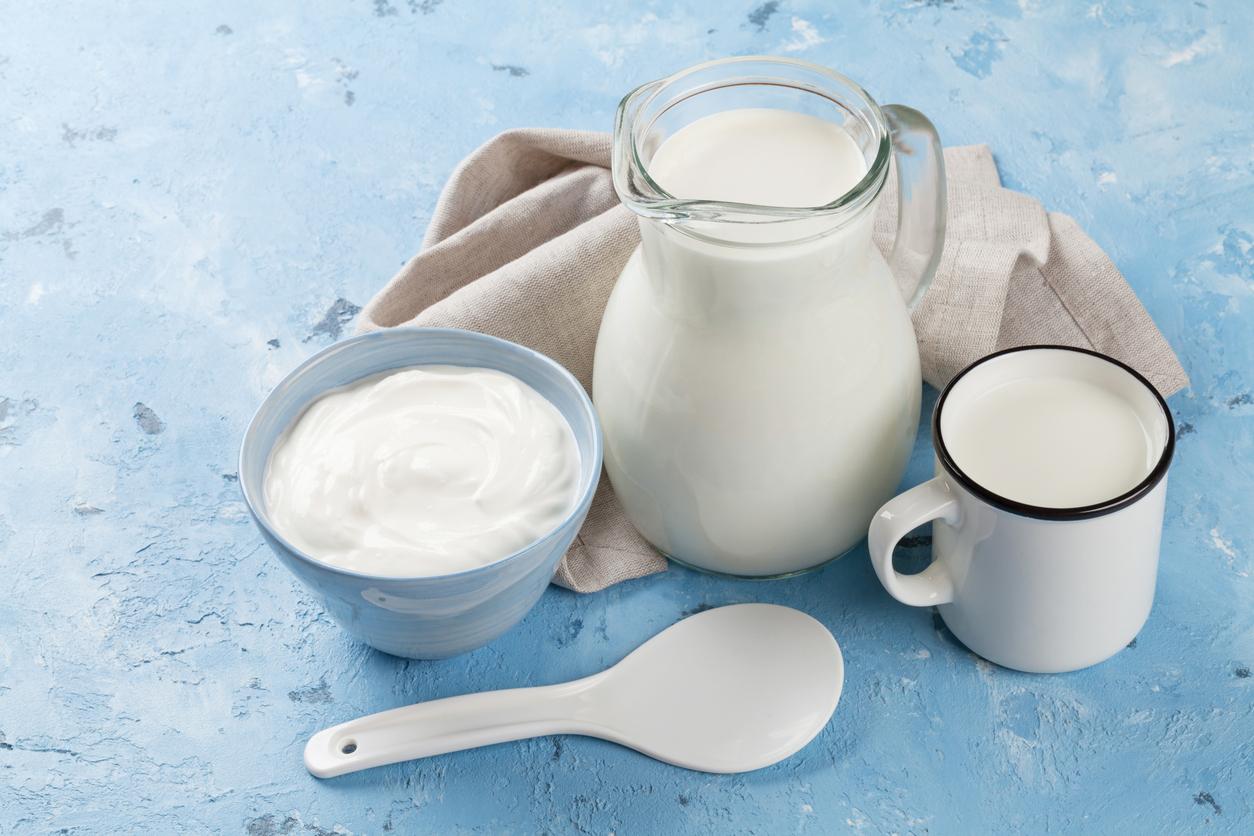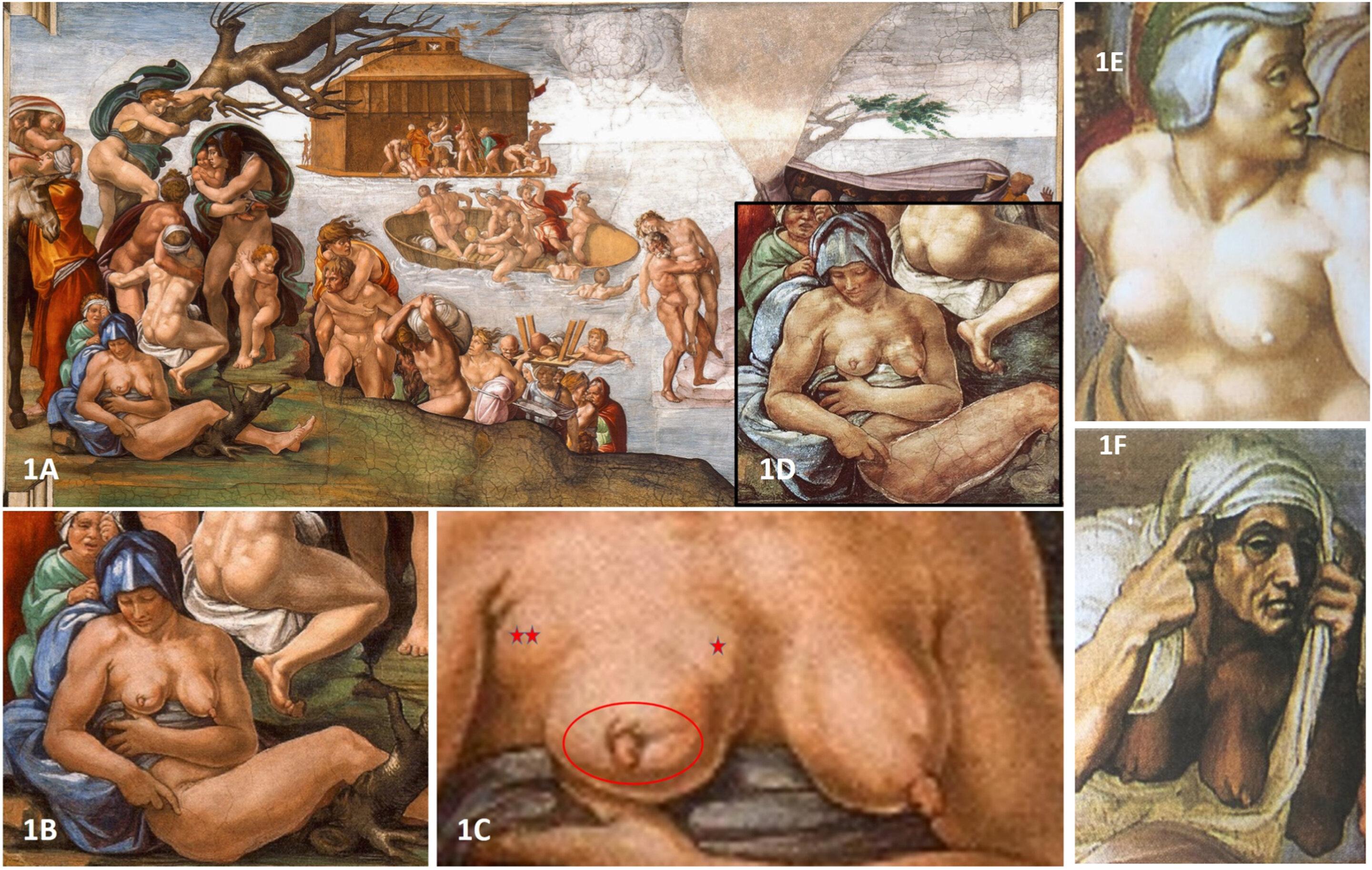Although the research team indicates that the consumption of milk – even in small quantities – can increase the risk of breast cancer, the rest of the scientific literature has great reservations on the subject.
-1583169654.jpg)
A new study on milk and breast cancer has been making headlines in recent days. According to researchers from the Loma Linda Health University (USA), the consumption of dairy milk is associated with an increased risk of breast cancer in women. Published in theInternational Journal of Epidemiology, this study showed that regularly drinking one cup a day could increase the risk of breast cancer in women (up to 80% depending on the amount consumed). However, these results must be taken with a grain of salt, as they are subject to controversy.
Do dairy products cause breast cancer in women?
According to the study, even a reasonable consumption of dairy milk can increase the risk of breast cancer in women. For Gary Fraser, first author of the article, the observational study gives “fairly strong evidence that dairy milk or another factor closely related to dairy milk consumption is a cause of breast cancer in women. Consuming 1/4 to 1/3 cup of milk per day is associated with a 30% increased risk of breast cancer. By drinking up to one cup a day, the associated risk increased by up to 50%, and for those who drank two to three cups a day, the risk increased further by 70% to 80%..”
Before becoming alarmed about milk consumption, it is necessary to put things into context. First, this study assessed the dietary intakes of 52,795 American women for almost eight years. These women, whose average age was 57 and none of them had cancer. For the purposes of this survey, the researchers asked the participants to answer food frequency questionnaires. They had to record their food intake for the past 24 hours, in addition to a traditional questionnaire containing information on their family history of breast cancer, their physical activity, their consumption of alcohol, hormonal and other drugs, as well as their medical history. gynecological and reproductive and possible breast cancer screenings.
When the study ended, 1,057 new cases of breast cancer were recorded during follow-up. While the number of breast cancer cases during this study may seem impressive at first glance, it should be put into perspective with the total sample (52,795). By doing the math, the women followed with breast cancer ultimately only represent 2% of the cohort, a figure far too low to see any correlation between the consumption of cow’s milk and the increased risk of breast cancer. . If by any chance milk were really a product to be reasonably consumed, further examinations would have to be carried out to support these results, as Gary Fraser points out: “Dairy milk has some positive nutritional qualities, but these must be weighed against other possible, less helpful effects. This work suggests that further research is urgently needed.”
Milk, a thorny subject
All the research teams that have already looked into the question of the benefits or disadvantages of milk, or even dairy products, arrive at different results. According to studies, the consumption of dairy products, such as yogurts for example, is beneficial in reducing the risk of breast cancer, or is even responsible for the occurrence of prostate cancer in men. The supposed benefits or harms of milk, a thorny subject, must be taken with a grain of salt as it is difficult to disentangle the true from the false. For now, the easiest way is to consider that they are neither good nor bad for your health.
.







